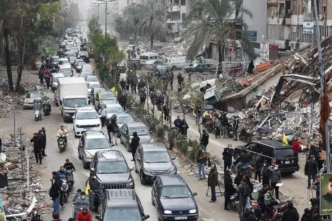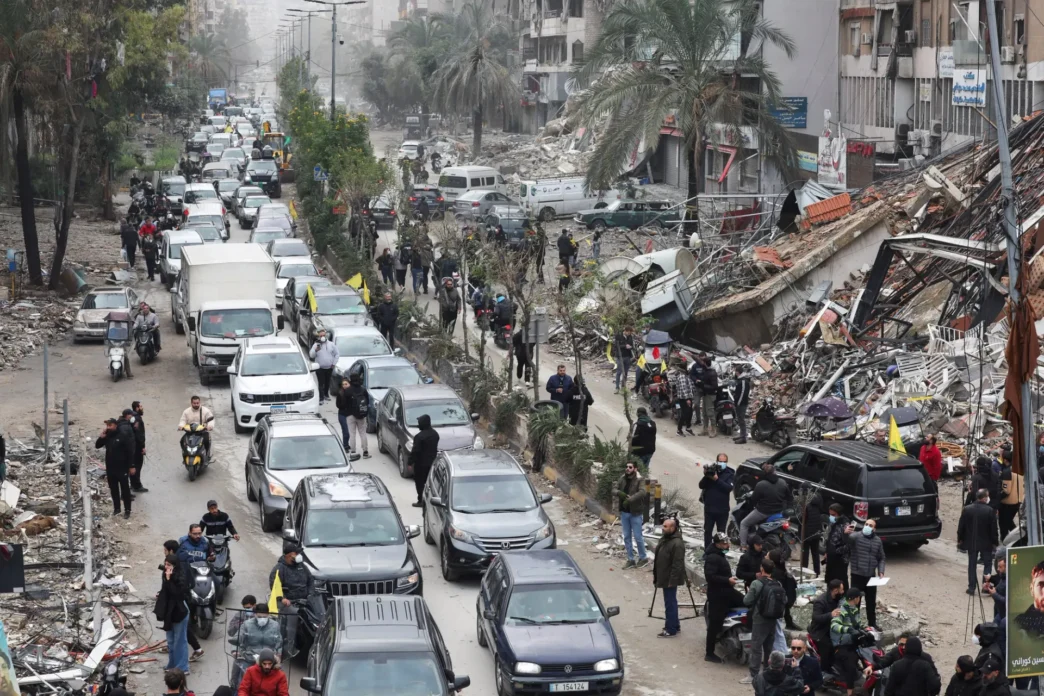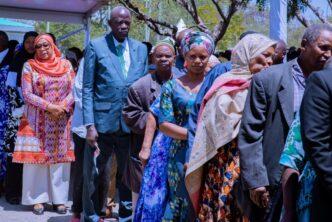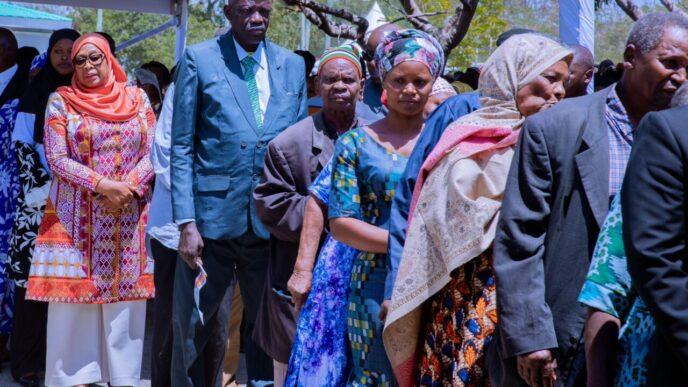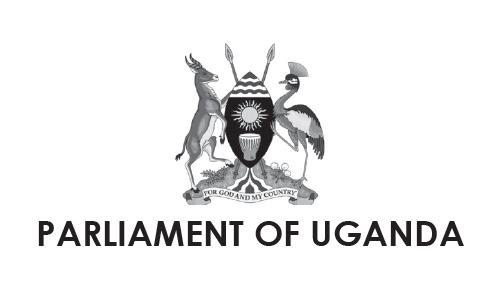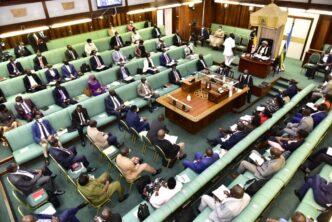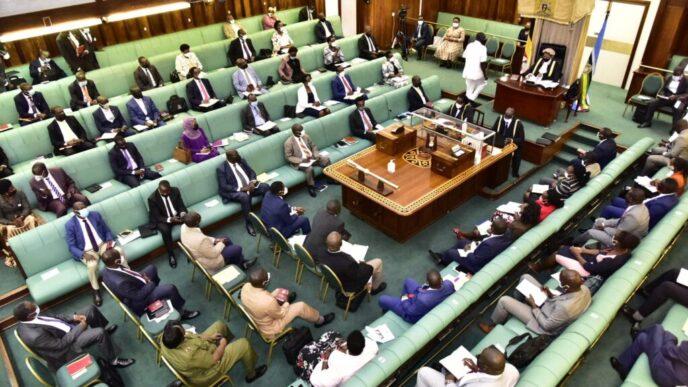As the ceasefire in Lebanon takes effect, thousands of displaced residents are heading back to their war-torn homes in the south, hoping for a new chapter amid uncertainty.
Displaced Families Brave Uncertainty in Southern Lebanon
In the early hours of Wednesday morning, heavily-laden vehicles filled the roads of Beirut as families began their journey south. The ceasefire between Israel and Hezbollah, which came into effect at 4 a.m. local time, ended nearly two years of intense cross-border conflict.
Despite lingering warnings from the Israeli military, the returnees remained undeterred.
“We are going back to Harees and, God willing, we will stand strong as always,” said Ahmad Malik, a displaced resident eager to reclaim his home. Similarly, Yousef Trad, a resident of Maarakeh, described the moment as indescribable. “At 4:10, I was already on the road,” he shared, his voice filled with hope.
While relief washed over many, concerns linger about whether the fragile ceasefire can hold. Israel has issued strict warnings against venturing into certain areas, citing potential safety risks.
Military Reinforcements and Ceasefire Details
As part of the ceasefire in Lebanon, the Lebanese army has deployed reinforcements to the southern Litani region in coordination with the United Nations Interim Force in Lebanon (UNIFIL). The army’s statement spotlights efforts to extend state authority over these territories and stabilize the area.
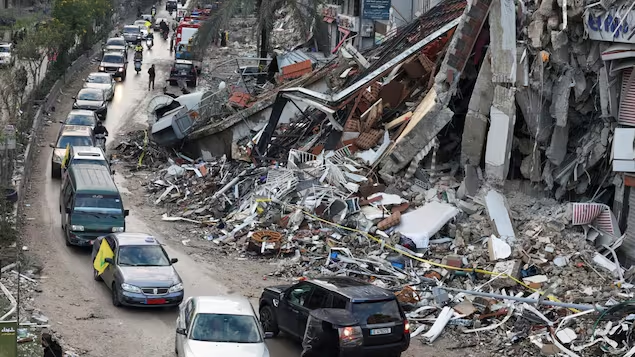
Meanwhile, the Israeli military imposed curfews for areas south of the Litani River and announced a ban on civilian movement toward the border. Israeli forces also opened fire on vehicles entering restricted zones, further emphasizing the volatility of the situation.
The 60-day ceasefire agreement outlines a staged withdrawal of Israeli troops and a corresponding relocation of Hezbollah fighters and weaponry to areas north of the Litani River. A U.S.-led supervisory mechanism will oversee compliance and mediate potential disputes.
Celebrations and Mixed Reactions
In southern Beirut, supporters of Hezbollah celebrated the ceasefire with flag-waving, car honking, and gunfire. To many, the group’s survival represented a victory, despite its losses during the conflict. Iran also welcomed the ceasefire, condemning what it called Israeli “aggression” in Lebanon.
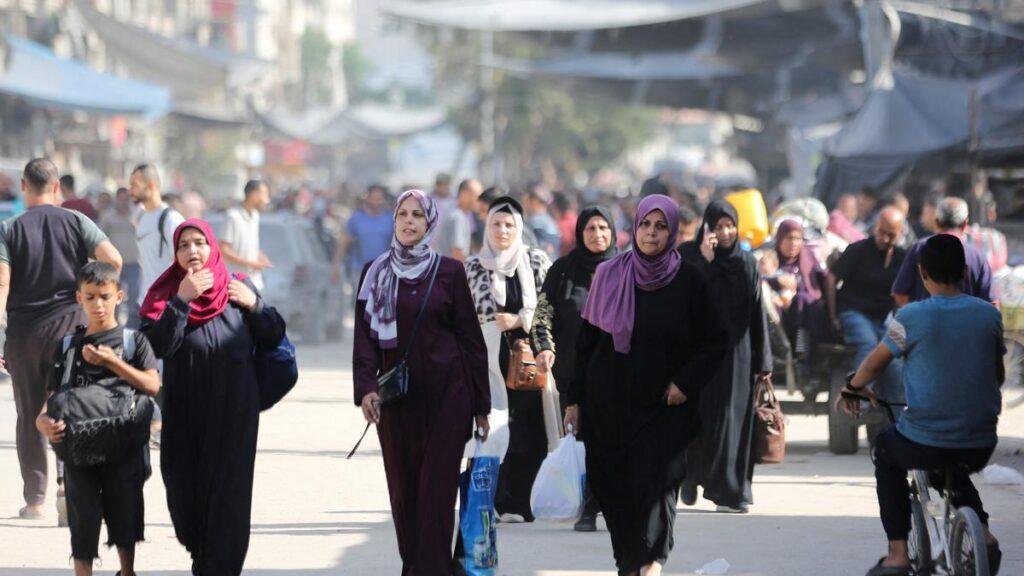
In contrast, reactions in Israel remained divided. While some citizens viewed the ceasefire as a necessary respite for fatigued troops, others criticized it as a weak compromise. Gabby Neeman, the mayor of Shlomi, warned of future conflicts.
“This truce feels temporary. Everything points to another round ahead, whether in months or years,” he remarked.
Fragile Peace Amid Ongoing Challenges
The ceasefire in Lebanon offers a glimmer of hope for the region, but uncertainties persist. As families cautiously return to their homes, they confront a fragile peace that could unravel with any misstep.
The coming weeks will test the resilience of this truce. Whether it ushers in lasting stability or merely pauses the violence, the ceasefire in Lebanon underscores the region’s enduring complexities and the unyielding spirit of its people.
Read More:
